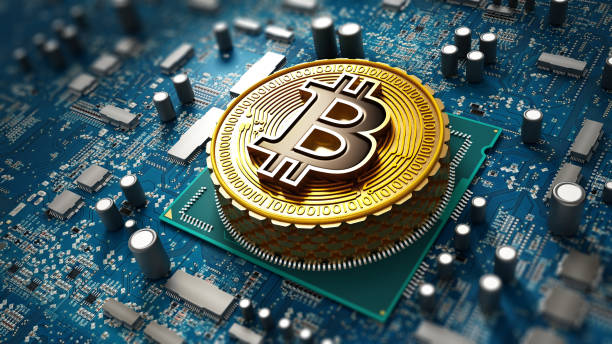In the fast-paced world of cryptocurrencies, you may have come across the term “cryptocurrency mining.” It’s more than just a buzzword; it’s the backbone of many digital currencies like Bitcoin and Ethereum. But what exactly is cryptocurrency mining, and why is it essential? Whether you’re a crypto enthusiast or just curious, this article will unravel the mysteries of cryptocurrency mining, providing you with a clear understanding of this fascinating process and its significance in digital finance.
What Is Cryptocurrency Mining?
Cryptocurrency mining is the process by which new coins are created and transactions on a blockchain network are verified and added to the public ledger, known as the blockchain. Miners use powerful computers to solve complex mathematical puzzles, and in return for their efforts, they are rewarded with newly created cryptocurrency coins and transaction fees.
The Blockchain Ledger
Imagine the blockchain ledger as a digital book that records every transaction made in a particular cryptocurrency. Instead of being maintained by a single entity, it’s a decentralized ledger shared among many computers worldwide. Miners play a crucial role in securing and updating this ledger.
How Does Cryptocurrency Mining Work?
Proof of Work (PoW)
Most cryptocurrencies, including Bitcoin, use a consensus mechanism called Proof of Work (PoW). In PoW, miners compete to solve complex mathematical puzzles, and the first one to solve them gets to add a new block of transactions to the blockchain. This process is resource-intensive and requires substantial computational power.
Mining Pools
Mining on your own can be challenging due to the high level of competition and the computational power required. This is where mining pools come in. Mining pools are groups of miners who combine their computing resources to increase their chances of successfully mining a block. The rewards are then distributed among pool members based on their contributed processing power.
Energy Consumption
Cryptocurrency mining, especially PoW mining, consumes a significant amount of energy. This has led to concerns about its environmental impact. Miners often operate in regions with cheap electricity to reduce costs, which can sometimes strain local power resources.
Cryptocurrency Mining and Rewards
Block Rewards
Miners are rewarded with cryptocurrency coins when they successfully mine a new block. For example, Bitcoin miners receive a fixed amount of new Bitcoins for each block they add to the blockchain. This is how new coins are introduced into circulation.
Transaction Fees
In addition to block rewards, miners also earn transaction fees. Users who want their transactions processed quickly can choose to pay higher fees to incentivize miners to prioritize their transactions. These fees go directly to the miners.
Halving Events
To control inflation and regulate the supply of cryptocurrency, many blockchains, including Bitcoin, undergo halving events. During a halving, the block rewards earned by miners are reduced by half. This occurs approximately every four years and significantly impacts the economics of mining.
Mining Hardware and Software
Mining requires specialized hardware known as mining rigs or ASICs (Application-Specific Integrated Circuits). These machines are designed for the sole purpose of solving cryptographic puzzles efficiently. The choice of hardware depends on the cryptocurrency being mined.
To connect their hardware to the blockchain network, miners use mining software. This software allows them to join mining pools, track their mining progress, and adjust their mining settings.
Future of Mining
Cryptocurrency mining has come a long way since the early days of Bitcoin. As the industry evolves, new consensus mechanisms like Proof of Stake (PoS) are emerging, which require less energy and offer different rewards. This shift may change the landscape of mining in the coming years.
In conclusion, cryptocurrency mining is a vital aspect of the crypto world. It secures blockchain networks and plays a pivotal role in creating new digital coins and processing transactions. As cryptocurrencies continue gaining mainstream acceptance, understanding the mining fundamentals becomes increasingly important.
So, whether you’re considering diving into the world of mining or want to grasp the inner workings of the cryptocurrencies you invest in, you now have a solid foundation to build upon. Cryptocurrency mining is more than just a technical process; it’s a driving force behind the digital financial revolution and is here to stay.




